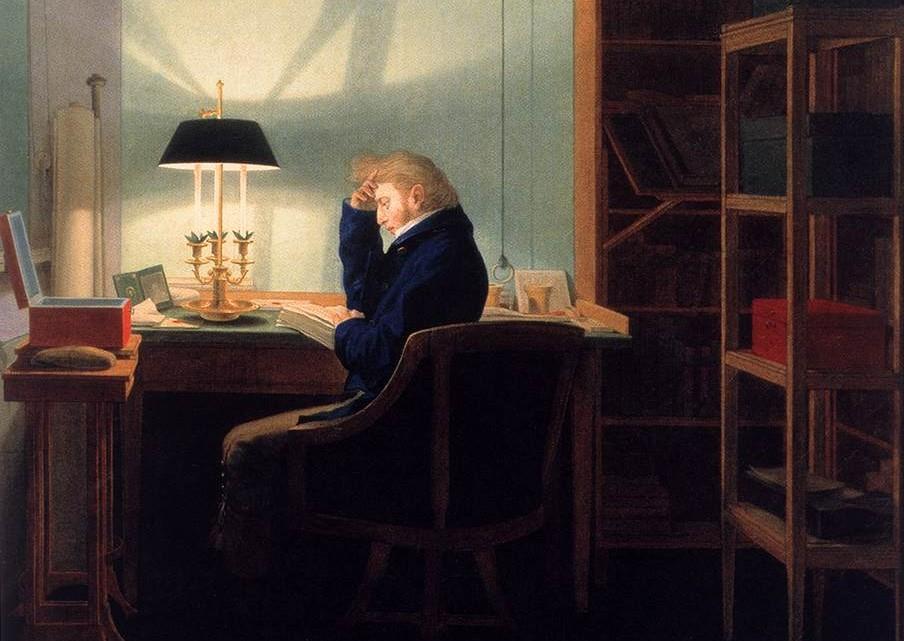When we think of the world’s most influential books, a host of titles might come to mind: the epics of the ancient world, the Bible, the Quran, the philosophies left to us by the likes of Plato, Aristotle, and Marcus Aurelius, and so on down through the centuries. The possibilities appear inexhaustible.
If we narrow our search to those most central to Western thought and literature, we could do worse than to point to the 54-volume set, “Great Books of the Western World,” first published in 1952 and later issued in expanded editions. In this sturdy battalion, we meet such thinkers as Greek playwrights and mathematicians, Shakespeare and Cervantes, and Pascal and Newton.






